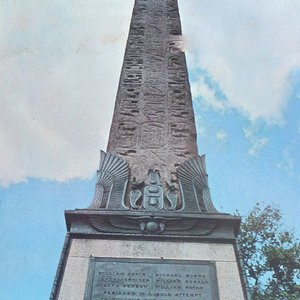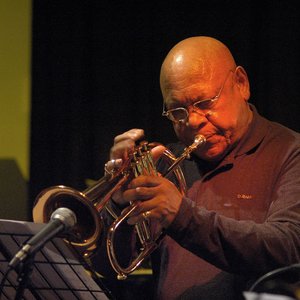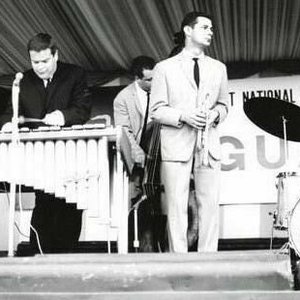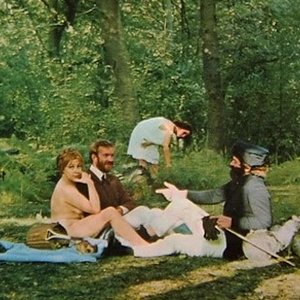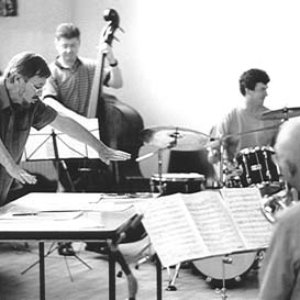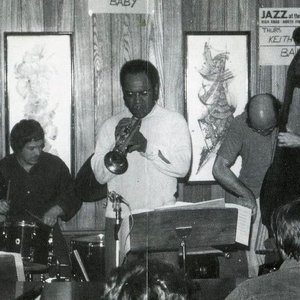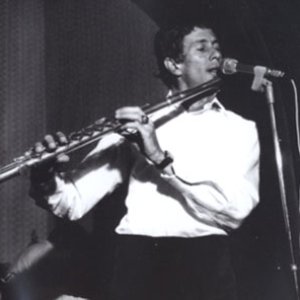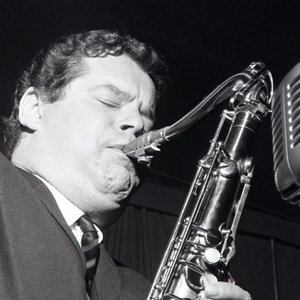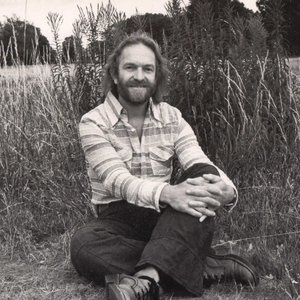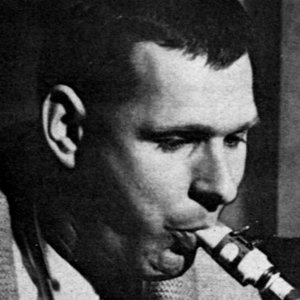Biography
-
Born
21 February 1937
-
Born In
Tynemouth, North Tyneside, Tyne and Wear, England, United Kingdom
-
Died
10 September 2011 (aged 74)
Graham Collier OBE (born James Graham Collier in Tynemouth on 21 February 1937; died 9 September 2011) was an English jazz bassist, bandleader and composer. As well as recording under his name, he recorded as Graham Collier Sextet, Graham Collier Music, Graham Collier And The Collective, and The Graham Collier Septet.
Collier began playing trumpet in northern England and later worked in bands for the British Army. In 1961 he received a scholarship to attend the Berklee College of Music and would be the first British student to graduate from the school. In 1963 he briefly toured with Jimmy Dorsey's Orchestra where he played bass.
He is best remembered as a bandleader and was one since 1964. His first band was the Graham Collier Ensemble, which toured from the 1960s to the 1980s. In 1983 he started Hoarded Dreams, which was more consistently a big band. He also became a jazz educator at the Royal Academy of Music and worked in film composition. In 1987 he was awarded the Order of the British Empire for his services to jazz.
Collier was the first British graduate of Berklee School of Jazz, Boston, and the first British jazz composer to receive a commission from the Arts Council. Composition, conducting, education and journalism have taken him around the world.
A pioneer … a true British jazz original
- The Times, London
His new group, The Jazz Ensemble, includes - as with his previous groups - major names from Europe and the USA, many of them colleagues from earlier line-ups, and new talent, often students of the Royal Academy of Music jazz course, which he directed until recently resigning to concentrate on his own work.
Collier's ideas are opening up new experiences for players in big bands and for listeners too.
- Erik Moseholm, Rhythmic Music Conservatory, Copenhagen, Denmark
He has released fifteen albums and is the author of six books, including the highly-praised Interaction - Opening Up the Jazz Ensemble (Advance). As well as directing the jazz course at the Royal Academy of Music from its inception in 1987 until 2000, he has taught across north America, Europe, India and the Far East.
His unique voice adds an important variety to current jazz ensemble music. Few will not be touched by his work.
- Ned Corman, The Commission Project, Rochester, New York
Until resigning from the Royal Academy of Music in 2000, he was secretary to the daily board the International Association of Schools of Jazz (IASJ) from its inception, and was editor and publisher of its magazine, Jazz Changes throughout its seven-year history. In 1987 he was awarded an OBE for his contribution to jazz. On other pages, you can read a detailed biography, a complete list of works and a selection of reviews from a quarter century of critical comment.
Graham Collier Jazz Workshops
"On the evidence of this performance, the services of Graham Collier should be secured by just about every jazz big band on the planet." - John Shand, Sydney Morning Herald, 1999, reviewing a student workshop performance of The Third Colour
For more than two decades, Graham Collier has been one of the world's most innovative and inspirational jazz educators. He founded jazz degree courses for the Sibelius Institute in Helsinki and, famously, at the Royal Academy of Music in London, where he was artistic director of the jazz department for ten years before moving to Andalucia, southern Spain, to concentrate on his own work.
His seven books on jazz, jazz history, theory and composition address all levels of jazz activity, from the interested lay reader to the professional composer, and have been praised by such diverse figures as Ellis Marsalis and Lee Bash. His most personal book, Interaction, Opening Up the Jazz Ensemble (Advance Music) embodies his own philosophy of writing and teaching jazz: to free the composer, musicians and audience from hidebound notions of what jazz should and should not be. Lee Bash, reviewing Interaction for the International Association of Jazz Educators Journal, wrote that it "holds the promise of liberating the music and our classrooms like nothing I have encountered in print".
Graham Collier's jazz workshops cover in as practical a way as possible how the jazz ensemble can be encouraged to produce music which is more creative as well as being more productive for the musician and more entertaining for the audience. Techniques which can be useful with players new to improvising or with players who can improvise to a high standards will be discussed and developed. These techniques deal with improvising on different levels at the same time and can also be effectively used with groups of mixed ability.
The underlying idea in his workshop practice is that there are three kinds of improvising in jazz (not a new idea: they are present in all good jazz):
The main soloist who improvises in front of the band;
textural improvising, where a group of players is asked to create backgrounds using various methods and techniques. Normally seen in the work of the rhythm section, whose ideas are developed in workshops structured towards a final performance, often before an audience;
and structural improvising, where the structure of the piece changes from performance to performance. In simple terms this could be the number of blues choruses played by each soloist in successive performances. By definition, structural improvising happens over a period of time and it is towards this that his workshops develop.
There is thus an Interaction between the music, the players and the director. This results in the musicians approaching the music in a far more contributory way than normal (even in jazz) and each performance of the piece is designed to be different in almost all its elements. The basic structure and ideas remain the same but the duration and much of the content of the composition is determined by what happens in performance.
These ideas are explored in far greater detail in Interaction, Opening Up the Jazz Ensemble which, with its accompanying CD of examples, deals concisely but thoroughly with all aspects of the method from beginners' workshops to those for advanced players.
Interaction is obtainable from Advance Music at:Advance Music or by email to distributors Jazzwise at Jazzwise
Graham Collier's workshops have been presented around the world with many colleges and universities regularly inviting him back. A partial list includes:-
The Royal Academy of Music, London
Berklee College of Music, Boston
The New School, New York
University of Michigan at Ann Arbor
California Institute of the Arts, Los Angeles
Eastman School of Music
Banff Music Centre, Banff, Canada
Rhythmic Music Conservatory, Copenhagen - annually since 1995
Agder Folkehogskole, Sogne, Norway - annually since 1994
Musik Hochschule, Koln
Hochschule fur Musik Hanns Eisler, Berlin
Hochschule fur Musik Graz - regularly throughout the 1990s
Bruckner Music Conservatorium, Linz - four times in the 1990s
Royal Conservatory, The Hague
Taller de Musics, Barcelona
Musikhochschule Gothenburg University
Rimon School of Jazz, Tel Aviv, Israel
Vesby Big Band, Norway - twice in three years
Artist descriptions on Last.fm are editable by everyone. Feel free to contribute!
All user-contributed text on this page is available under the Creative Commons Attribution-ShareAlike License; additional terms may apply.

